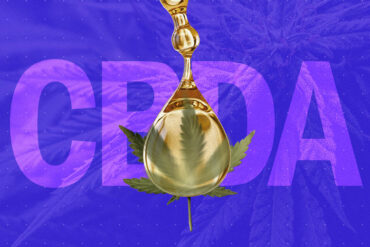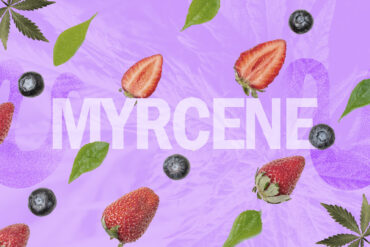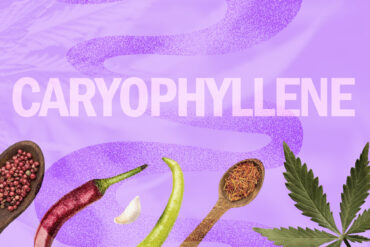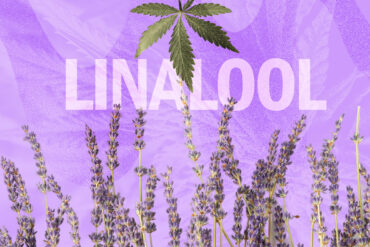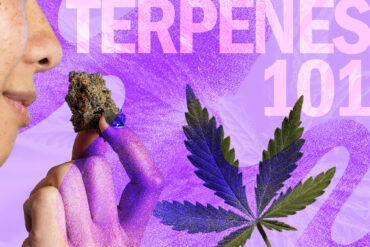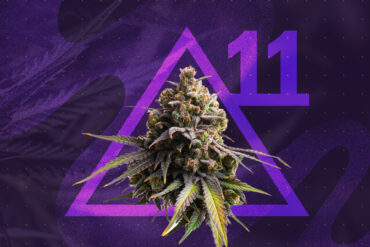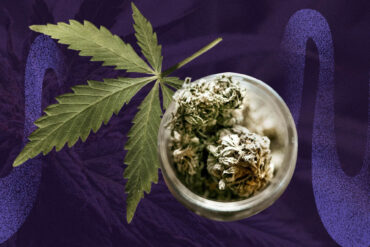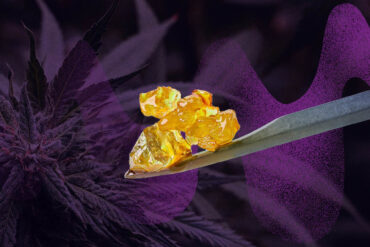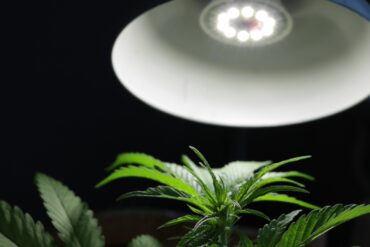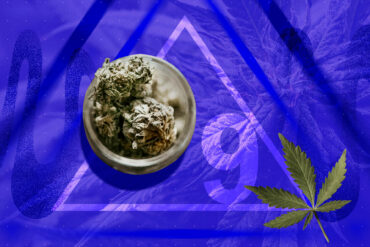Key Takeaways CBDA is the main cannabinoid in hemp that easily converts into CBD before and after ingestion. Thus, it...
Medical Advisor
Abraham Benavides, MD
Dr. Abraham Benavides is an international cannabis science advisor, health coach, and full-tuition merit scholar of the GW School of Medicine. Abe pioneered and published first-author research with the Cannabis as Medicine Interest Group at GW, the first cannabis-focused education group at a US medical school. Dr. Abe works extensively in the cannabis industry for educational organizations around the world. He does cannabis coaching through GW CIM and Veriheal.
Education & Certifications
- Doctor of Medicine, The George Washington University School of Medicine and Health Sciences
- Health Policy Certificate, GWU SMHS
- B.A., magna cum laude, Biology and Business Administration, Boston University
Honors & Awards
- Costa Rica’s #1 Cannabis Scholar – Cannabis Science & Industry Center of the Americas (CSICA), 2023 – Present
- GWU SMHS Admissions Committee Merit Scholarship – 4-Year Full Tuition Award, 2016-2019
Professional Accomplishments & Research Experience
- Cannabis Health Coach, The George Washington University Center for Integrative Medicine, 2022 – Present
- Lead Medical Editor, Doctor’s Corner Blog Author, Scientific Advisor, and Cannabis Health Coach, Veriheal, 2020 – Present
- Author, Veriheal’s Ultimate Guide to Medical Cannabis, 2022
- Author, Understanding Terpenes and Cannabinoids, 2022
- Author, Veriheal’s 6-Module CME Medical Cannabis Class, 2022
- Lead Medical Reviewer, Advisor, and Cannabis Science Analyst, CannaKeys 360 Research Group. 2022 – Present
- Speaker, “El Sistema Endocannabinoide y Sus Usos Potenciales”, 2023 CSICA International Open House
- GW CIM Medical Cannabis Education for Health Professionals, “What is CBG, Cannabigerol?” and “CBDV – Cannabidivarin”
- Speaker, From Costa Rica and Back Again, 2022 Inaugural Cannabis Congress of Costa Rica, Society of Cannabis Clinicians & CSICA
- GW CIM & CME Co-Presenter, 14th National Clinical Conference on Cannabis Therapeutics, 2021
- First Author, “Medical Students are Unprepared to Counsel Patients About Medical Cannabis and Want to Learn More”, 2020
Affiliations
- The George Washington University Center for Integrative Medicine
- Member of the Society of Cannabis Clinicians and Latin America Chapter
- Cannabis Science & Industry Center of the Americas
CBD Oracle Editorial Guidelines
CBD Oracle’s primary mission is to provide accurate, evidence-based information. The CBD Oracle Medical Advisory Board and expert reviewers ensure that every article on our platform is factual and well-sourced. Medical and legal content on CBD Oracle is independently reviewed by a qualified expert in a relevant field prior to publishing and before any major revisions, with a focus on accuracy and reliability. Read more about our editorial guidelines.
